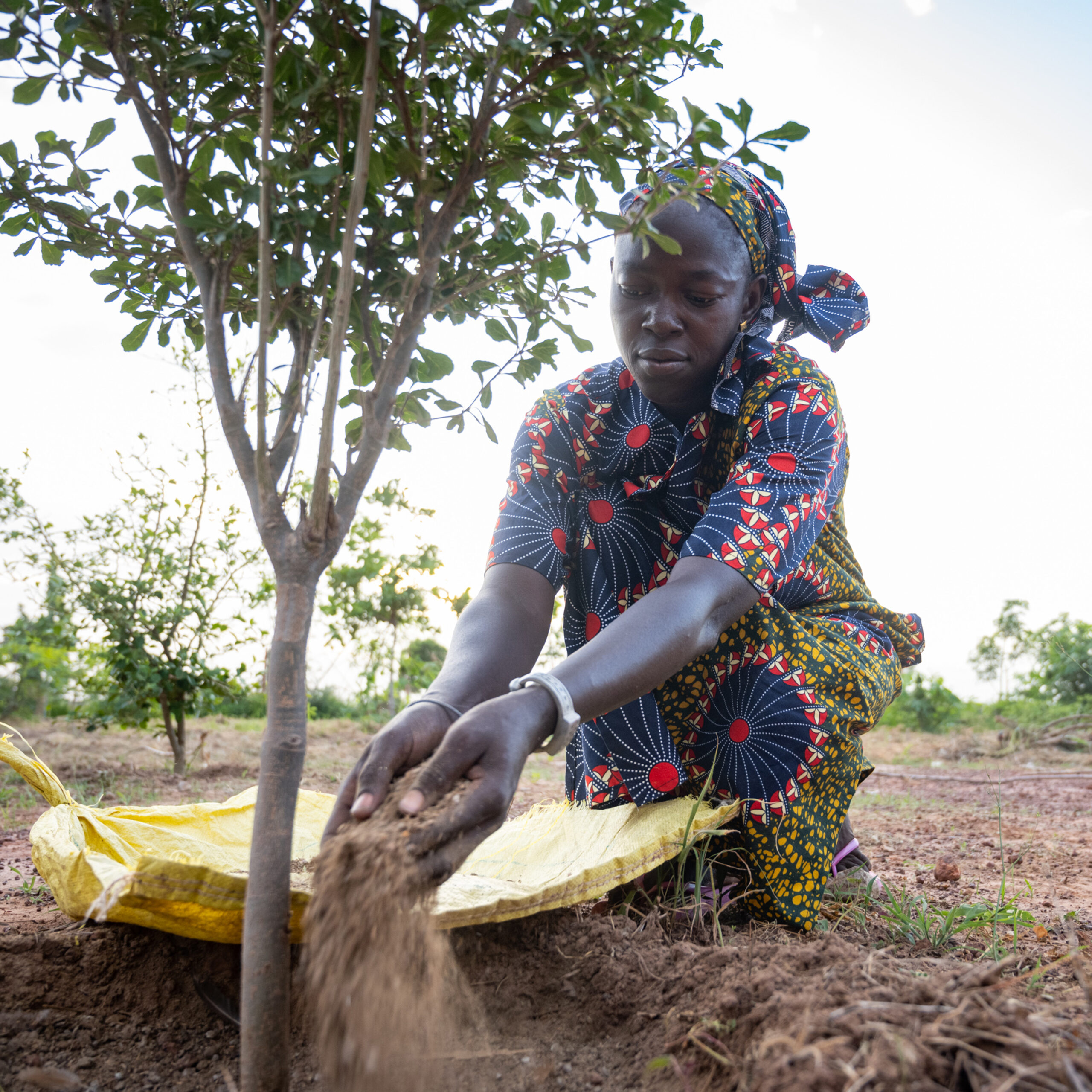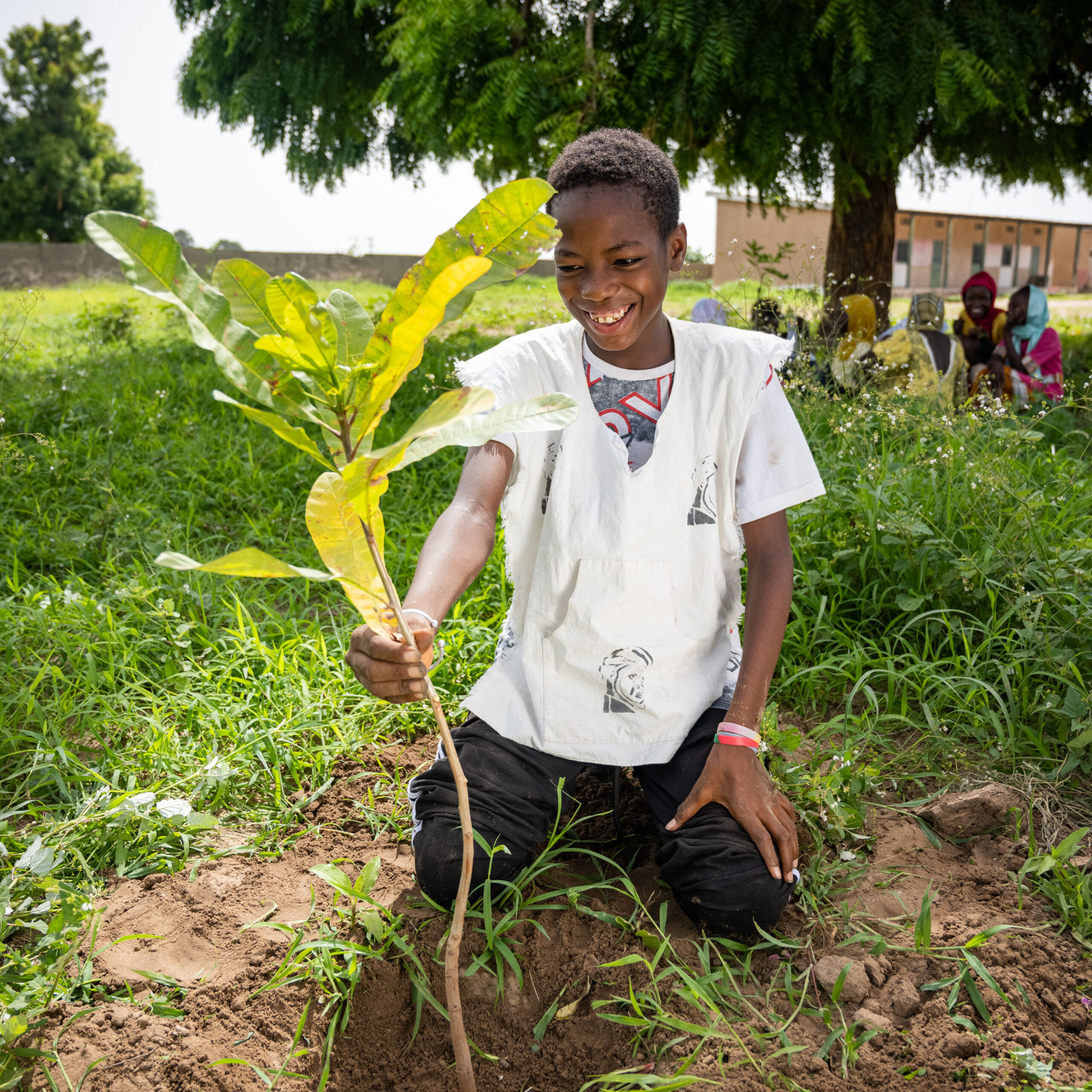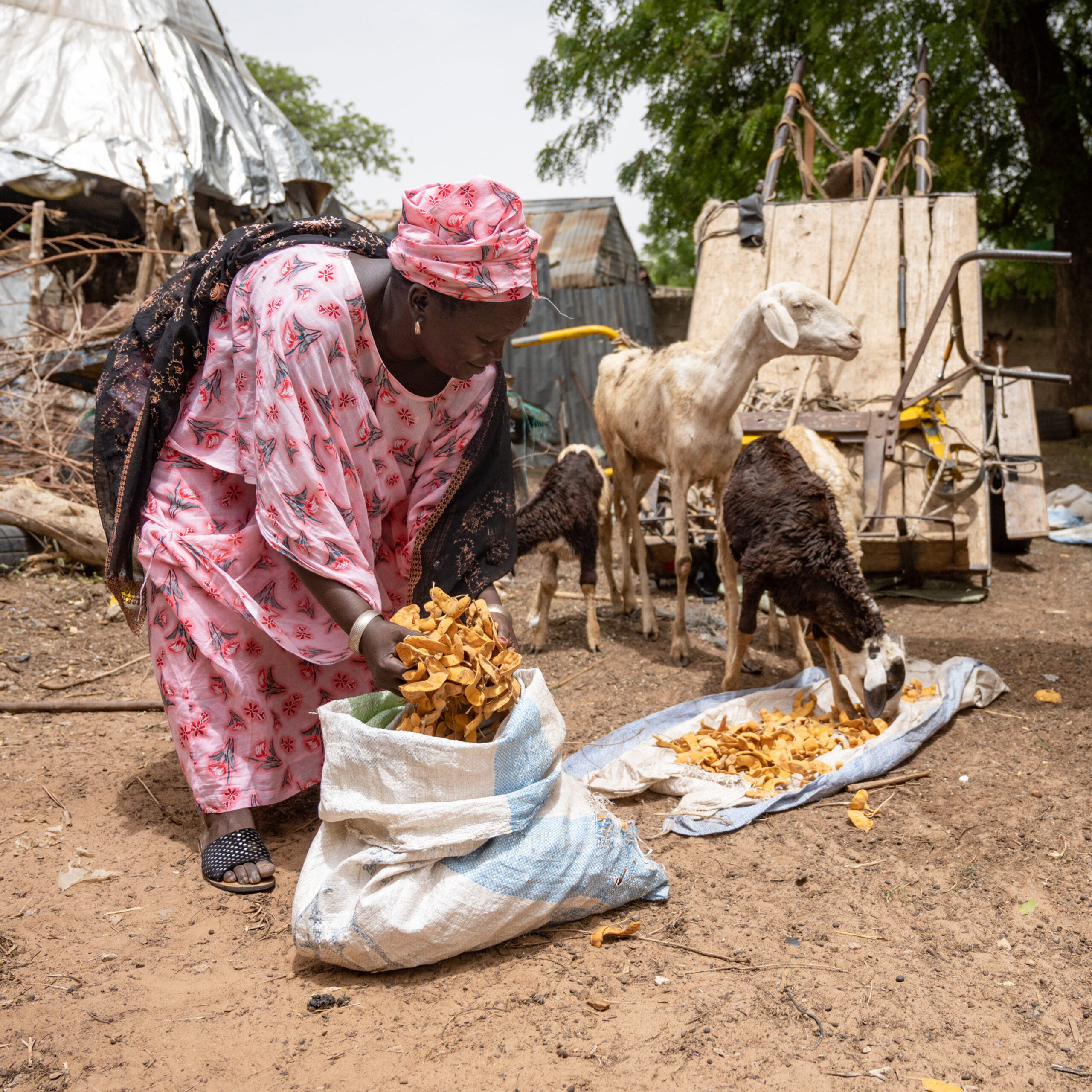About Regreening Africa
Our Work
The first core objective of Regreening Africa is to scale-up evergreen agriculture, using locally appropriate techniques including Farmer-Managed Natural Regeneration, tree planting and other forms of agroforestry and complementary sustainable land management interventions.
The second core objective of the program focuses on strategic decision making for scaling which entails working across the eight countries to collect and apply evidence in multi-stakeholder engagement and policy processes. Through these engagement processes and technical advisory, we aim to equip eight countries with the surveillance and analytical tools for land degradation that support strategic decision-making and monitoring.

Increase in tree cover

Households sustainably managed

Average increase in household income

Influencing Policy and Developing Evidence-based Recommendations

Training for Implementors and Policymakers

Analysing Target Areas and Facilitating Cross-Country Learning
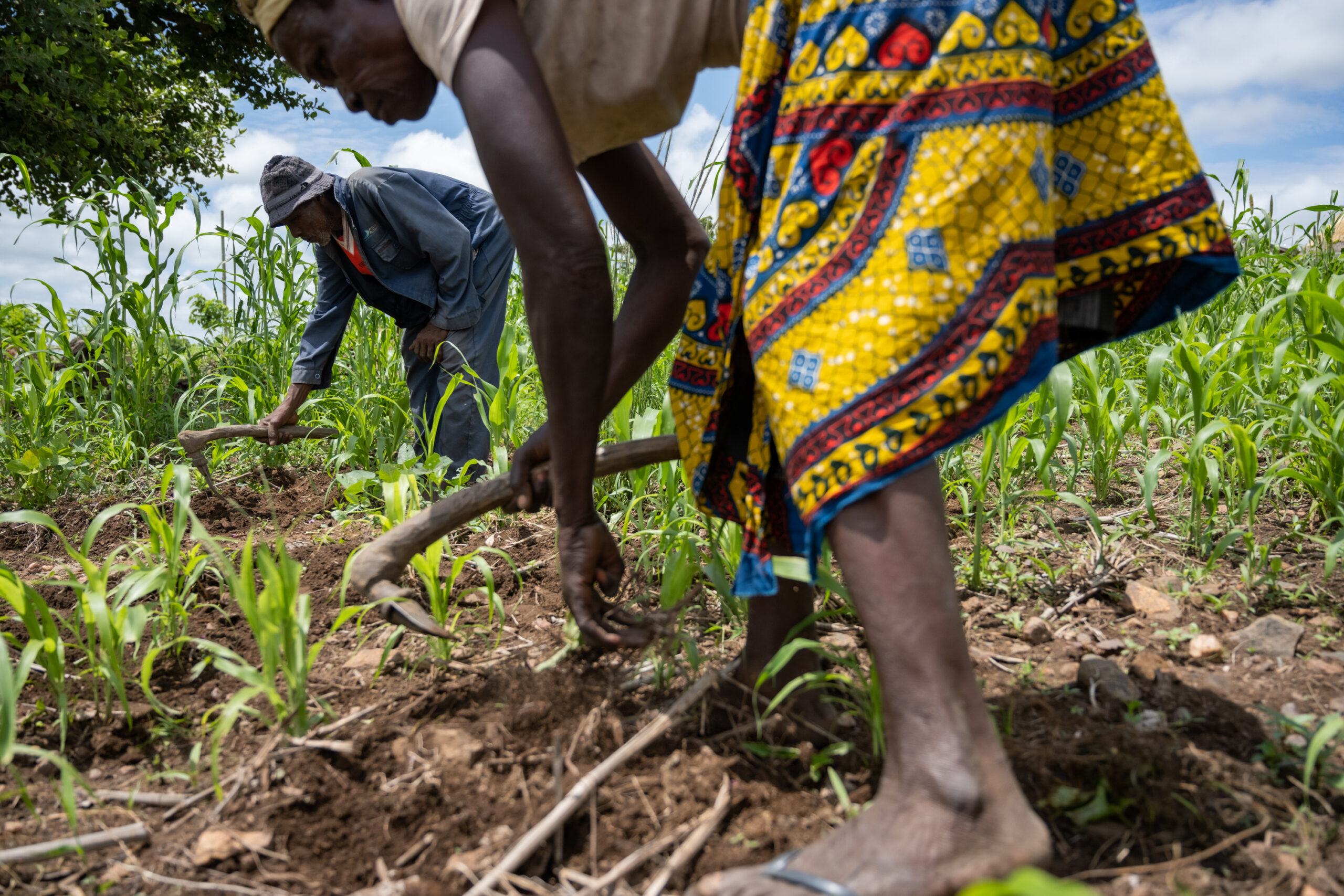
Our Vision
To mobilise and work with a critical mass of diverse partners to scale-up locally appropriate ways of integrating trees into agricultural systems, to successfully reverse land degradation across Africa.
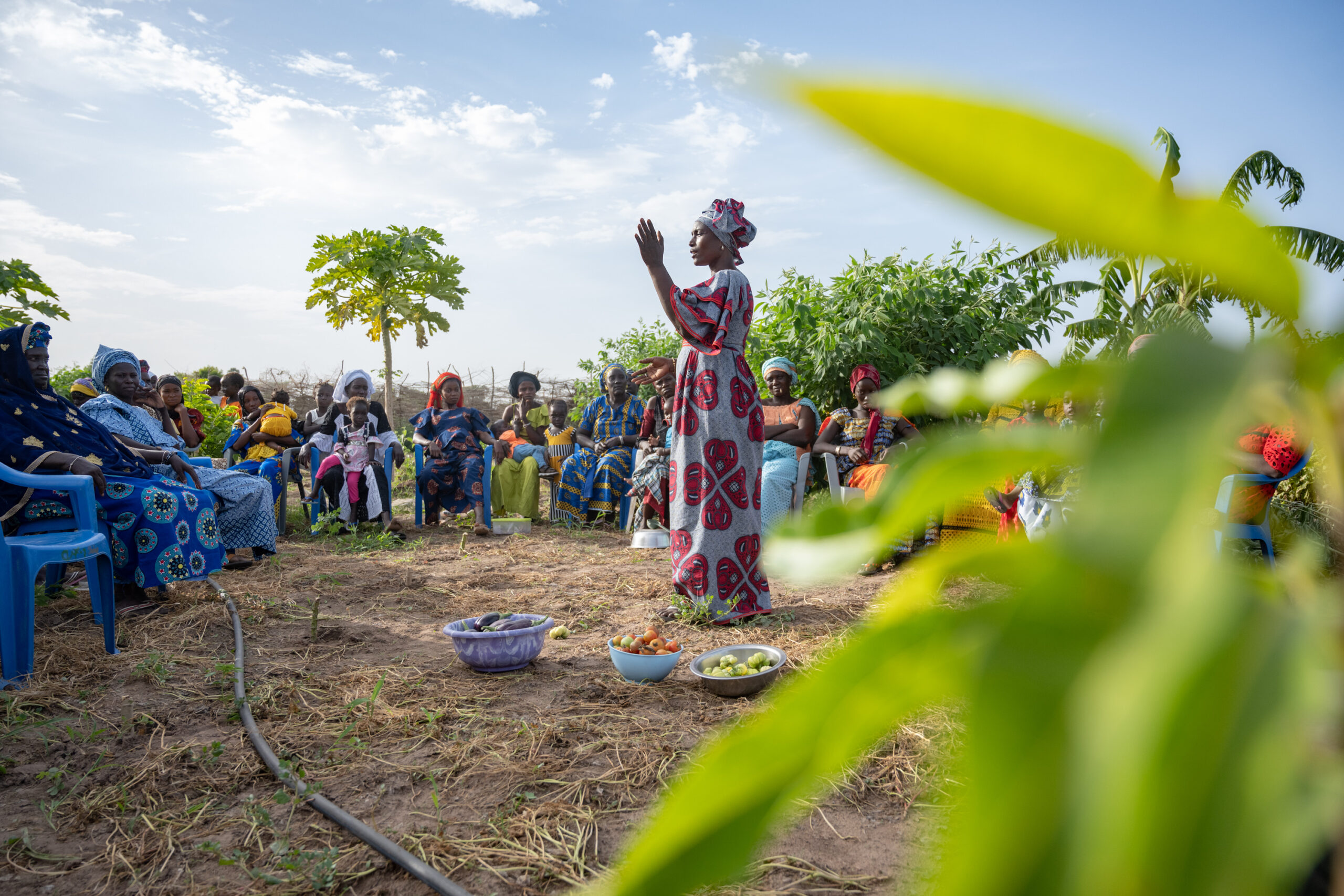
Our Impact
Reverse land degradation among 500,000 households and across one million hectares in eight countries in sub-Saharan Africa: Ethiopia, Ghana, Kenya, Mali, Niger, Rwanda, Senegal and Somalia.
How Regreening Works
Agroforestry involves deliberate and systematic integration of trees with crops and livestock, which is central to the sustainable management of land and maintenance of healthy landscapes. Regreening Africa uses proven agroforestry techniques adapted to suit the needs of farmers under varying socio-ecological contexts.
The benefits of agroforestry include:

Increases carbon storage above- and below ground

Slows strong winds and shades heat, boosting crop and grass yields

Tree roots improve the structure of the soil, preventing erosion

Trees are efficient providers of multiple ecosystem services

Trees that fix nitrogen in the soil provide fertilizer for crops

Increases soil’s ability to absorb and retain water

Produces food, fuelwood, fibre, fodder, resins, timber and medicine which boosts incomes, food security and nutrition

Generates more effective conservation of biodiversity and ecosystem services
Expected Results by 2023
By 2023, Regreening Africa aims to improve livelihoods, food security, and resilience to climate change of smallholder farmers by restoring ecosystem services, particularly through agroforestry.
500,000
households sustainably manage 1 million hectares
5%
decrease in soil erosion
10%
increase in tree cover
10%
average increase in household income
“Plant and nurse trees – and you will plant hope. Hope for smallholder farmers to improve their income and livelihoods. Hope for the environment and ecosystems that benefit people and nature. And hope for the planet, because regreening at a sufficient scale is our best chance for reversing climate change.”
“The idea of different international NGOs, who otherwise would be competitors, working together to deliver a common goal is, in itself, a great paradigm shift.”
Olaf Westermann
Senior Technical Advisor on Climate Change, Agriculture & Livelihoods, Catholic Relief Services
Cross-Cutting Issues
Regreening Africa addresses three core cross-cutting issues in its approach, activities and impact.




